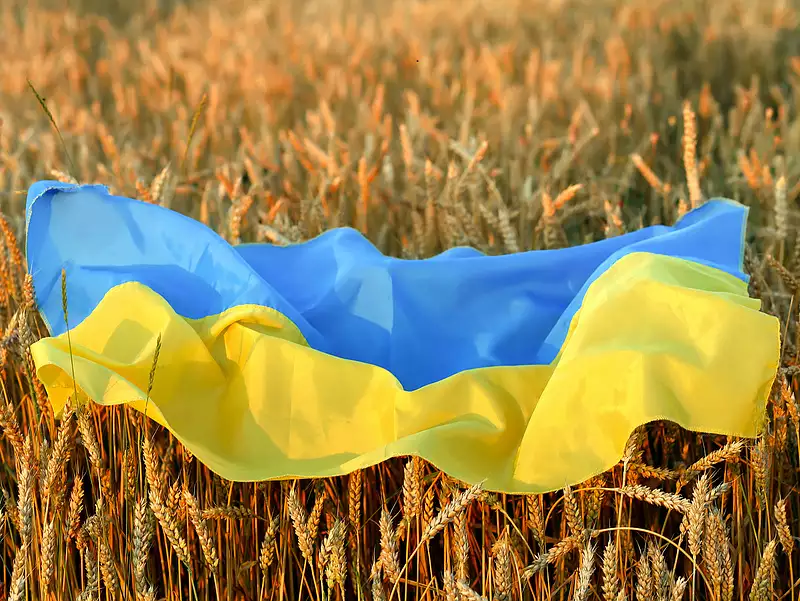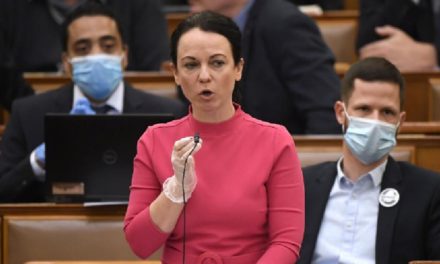Brussels will not provide assistance that would protect Hungarian, Romanian, Polish or Bulgarian producers in the flow of grain imports from Ukraine, State Secretary for Agriculture Zsolt Feldman told MTI on Monday in Brussels.
Feldman said in Brussels that at Monday's meeting of the agriculture ministers of the EU member states, six Eastern European member states turned to the European Commission to take measures on the grain market that would protect Eastern European producers against the increasing imports of Ukrainian grain into Europe.
He emphasized that Hungary also supported the "liberation" of the grain trapped in Ukraine, however, Ukrainian grain does not go to North Africa or the Middle East, but to a significant extent to Europe, and to countries neighboring or bordering Ukraine in the amount of millions of tons.
"This cereal is produced with low production costs and with production practices not used in the European Union, which is 70 euros cheaper per ton on average than cereals produced in Hungary or Eastern Europe," he pointed out.
It follows that Hungarian producers cannot sell the grain they produce either on the domestic market or on our previous traditional export markets. He said that the European Commission has put into perspective the creation of a financial fund, which Hungary considers important, but this cannot solve the market crisis.
Zsolt Feldman also spoke about how, at the council meeting, they urged the European Commission together with several member states to put a clear indication of origin on the packaging of honey products.
He drew attention to the fact that honey products from third countries have flooded the market in Europe, at extremely low prices, which essentially push high-quality Hungarian honey out of these export markets.
The state secretary also touched on the fact that the European Commission recommends the introduction of an environmental regulation and licensing system for medium-sized livestock farms, which only works for large farms. He highlighted: 16 member states, including Hungary, sent a joint letter to the European Commission and the Swedish Presidency of the EU, in which they drew attention to the need to involve the ministers of agriculture of the member states in environmental matters affecting European agriculture.
Source: Magyar Hírlap
Featured image: napi.hu












